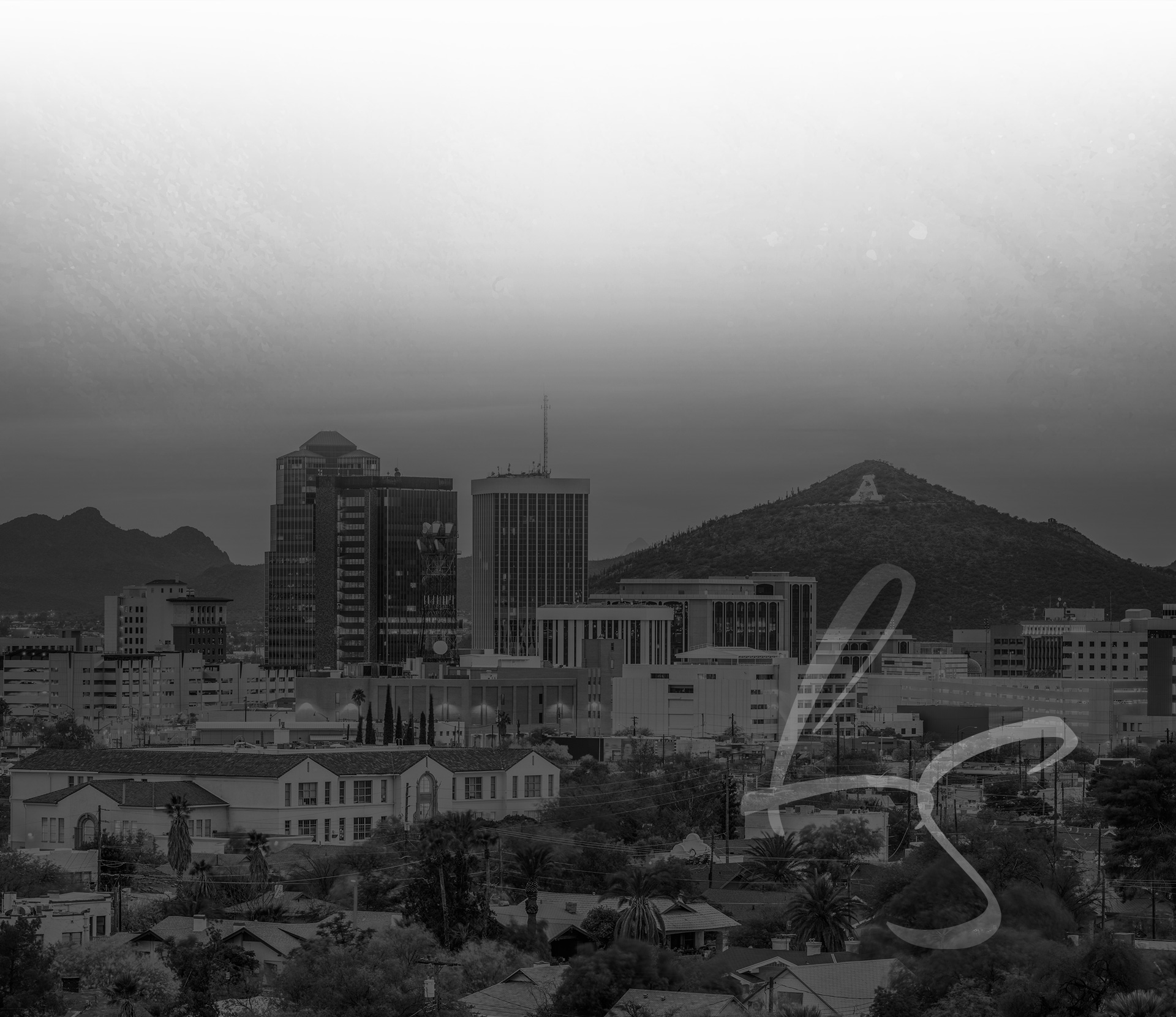
Phoenix Repossession Attorney
When a financial disaster results in the possibility of vehicle or property repossession, it can be one of the most frustrating circumstances to experience. Even when you try your hardest to get on top of your financial situation, you may just sink faster into a negative financial state. If your creditors have warned you of potential repossession or have repossessed your property, you must take immediate action and discuss your case with our Phoenix bankruptcy lawyer at Leonard V. Sominsky, ESQ., PC.
When Can Repossession Take Place?
If you are concerned that your missed payments and debt may result in repossession, you should not wait until it is too late to take action. The process of repossession takes place when a secured debt is not being paid and the lender obtains a court order. In most cases, you can default on your loan by missing just one payment, which means that the creditor is entitled to take back the goods.
A loan can be considered defaulted in any of the following cases:
- Insolvency, or failure to meet financial obligations
- Sale of the collateral
- Damage to or destruction of the collateral that significantly devalues it
- Lack of insurance that creditor requires
What Can a Creditor Repossess?
Creditors are strictly regulated regarding what they can and cannot take from individuals who have defaulted on a loan. For instance, a creditor cannot repossess items that are not specifically named as collateral on the loan that has defaulted. They also cannot repossess unsecured debt items like purchases made on a credit card.
Property that can be repossessed includes:
- Homes
- Cars
- Property offered as collateral
- Items you rent with the option to buy
When it comes to vehicle repossessions, the creditor can repossess the property without judicial action as long as it is performed in a peaceful manner. The creditor is permitted to take the vehicle at any time after it has gone into default unless the contract specifies a time period prior to repossession.
How Can You Stop a Repossession?
While not the right option for everyone, bankruptcy can be extremely helpful in putting a stop to creditor action. This includes repossessions. Both Chapter 7 and Chapter 13 can halt any repossessions from creditors by putting an automatic stay into place. In a Chapter 13 filing, you may have to continue making car or hosue payments after time, but relief from other eliminated debts will likely free you up to do so.
Other options for stopping a repossession may include negotiating a reduction in how much you owe in exchange for guaranteed regular payments over a certain amount of years or paying a large lump sum and getting the rest forgiven. You will need to work with a skilled advocate who can petition on your behalf.


Why Choose Leonard V. Sominsky, ESQ., PC?
-
Experience
22+ Years of Bankruptcy Excellence
-
Answers
When Is Bankruptcy the Right Option?
-
Endorsements
We're Personal. We're Effective. We're Attentive.